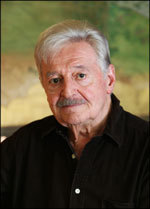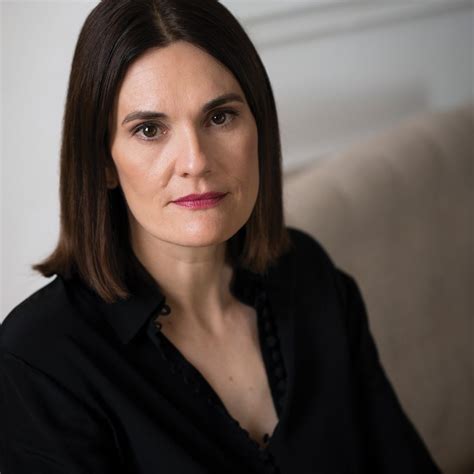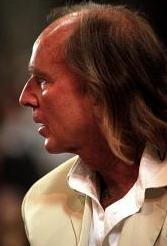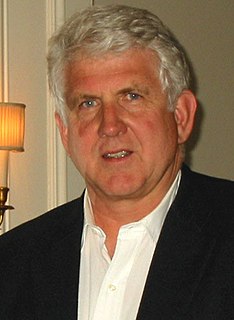A Quote by Evgeny Morozov
There is something almost sacred about the Internet. I'm trying to secularize it.
Related Quotes
Why has marriage failed? In the first place, we raised it to unnatural standards. We tried to make it something permanent, something sacred, without knowing even the abc of sacredness, without knowing anything about the eternal. Our intentions were good but our understanding was very small, almost negligible. So instead of marriage becoming something of a heaven, it has become a hell. Instead of becoming sacred, it has fallen even below profanity.
Pathology is a relatively easy thing to discuss, health is very difficult. This, of course, is one of the reasons why there is such a thing as the sacred, and why the sacred is difficult to talk about, because the sacred is peculiarly related to the healthy. One does not like to disturb the sacred, for in general, to talk about something changes it, and perhaps will turn it into a pathology.
There's something about the weekend, even for non-religious people, that feels sacred, so a violation of that sanctified time is almost a betrayal, something blasphemous. The sabbath is the edict to break from work. It was God's call-out to the slave to protect an identity beyond labourer - no production and consumption, just one day a week.
But I'm getting to a point where I'm trying to stop reading reviews about myself, only because it's a no-win situation. If they say something nice, you get a little ego pump. But people on the Internet are straight-up cruel, and I'm becoming increasingly uncomfortable reading the ridiculous cruelties that people spit out on the Internet.
I really believe that the pagans, and the abortionists, and the feminists, and the gays and the lesbians who are actively trying to make that an alternative lifestyle, the ACLU, People for the American Way - all of them who have tried to secularize America - I point the finger in their face and say "you helped this happen."
Sacred space and sacred time and something joyous to do is all we need. Almost anything then becomes a continuous and increasing joy. What you have to do, you do with play. I think a good way to conceive of sacred space is as a playground. If what you're doing seems like play, you are in it. But you can't play with my toys, you have to have your own. Your life should have yielded some. Older people play with life experiences and realizations or with thoughts they like to entertain. In my case, I have books I like to read that don't lead anywhere.
Everyone should be concerned about Internet anarchy in which anybody can pretend to be anybody else, unless something is done to stop it. If hoaxes like this go unchecked, who can believe anything they see on the Internet? What good would the Internet be then? If the people who control Internet web sites do not do anything, is that not an open invitation for government to step in? And does anybody want politicians to control what can go on the Internet?






































